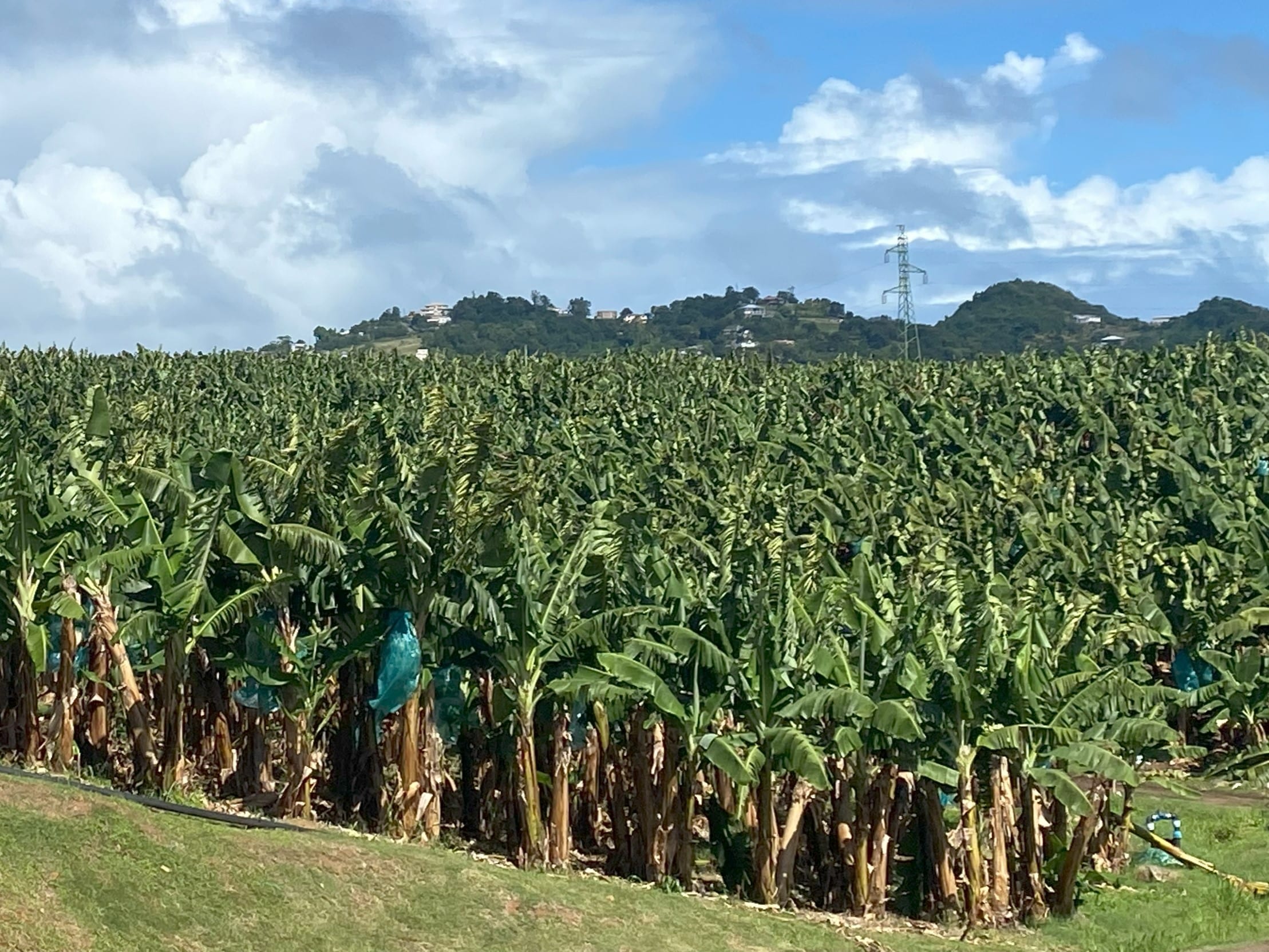This interdisciplinary research project, led by Giorgio Brocco and Mathew White, explores the socio-cultural, psychological, and emotional perceptions related to chlordecone and other more recent phytochemical substances used in agriculture in Martinique, a French Overseas Department in the Caribbean. More specifically, chlordecone, a pesticide widely employed in Martinican banana plantations from 1972 to 1993, remains a persistent environmental pollutant with serious carcinogenic and endocrine-disrupting impacts. Despite numerous governmental measures, public debates continue regarding state accountability and the effectiveness of health interventions in relation to its toxicity. Utilizing a mixed-methods design, this research therefore combines qualitative ethnographic fieldwork with a quantitative survey involving approximately 150 participants from varied demographic backgrounds in Martinique. The study seeks to reveal how local communities perceive chemical pollution, evaluate health risks, and consider scientific and policy-oriented responses within the broader historical contexts of colonialism and post-colonialism. Supported by ECH Seed Funding, this pilot project lays the groundwork for future comprehensive studies intended for larger grants (e.g., ERC, FWF). By integrating anthropological and psychological perspectives, the research aims to generate nuanced insights into Martinicans’ experiences of and responses to chemical exposure, thereby informing future public health policies and community resilience initiatives.
Lead PI: Dr. Giorgio Brocco, Postdoctoral Researcher at the Department of Social and Cultural Anthropology, University of Vienna
Co-PI: Dr. Mathew White, Health and Environmental Psychologist at the Department of Clinical and Health Psychology, University of Vienna
